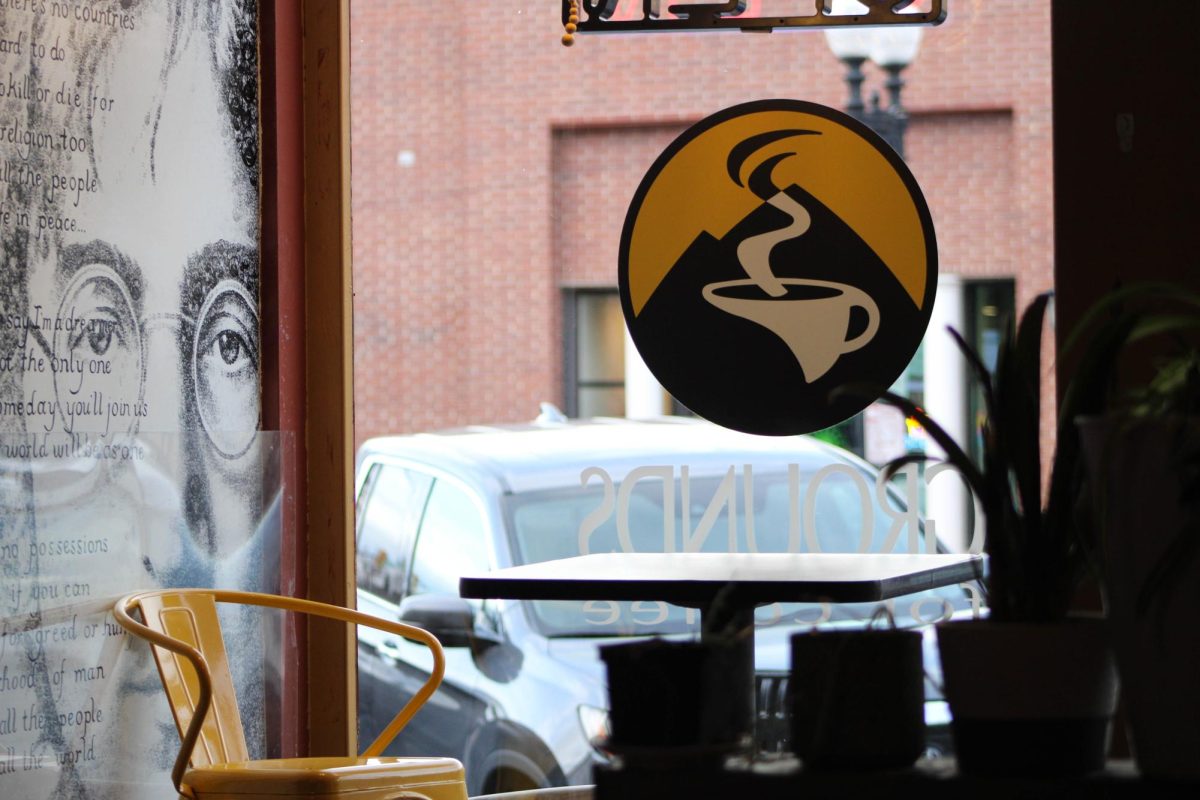Holiday gift-giving is right around the corner, but before reaching for a gift card, shoppers should think twice about which one they choose. Marketing professors E.K. Valentin and Anthony Allred of Weber State University’s John B. Goddard School of Business and Economics recently published “Giving and Getting Gift Cards” in the Journal of Consumer Marketing.
The purpose of the study was to provide insight into the gift card-giving world and find its place among other forms of gifts. A sample of 316 people (173 females and 143 males) from Northern Utah were surveyed.
“It crossed my mind that gift cards don’t make sense from an economic standpoint,” Valentin said. “You’re trading cash for something more restrictive. A lot of research has been done on cash and traditional gifts, but not really on how gift cards fit into the spectrum.”
Respondents were asked which type of card they would prefer as a gift: an everyday or special card. Everyday cards costing more than $50 were preferred, but special cards of more than $100 were more popular. The research showed that people felt less guilty when paying for personal luxuries with a gift card instead of using cash.
Erin Cimenski, a senior majoring in English, said she preferred gift cards to Target over something like Spafinder.com, because of the difficulty in finding a retailer that accepts them.
“I enjoy receiving gift cards for Christmas because I know the thought counts,” she said. “As a busy mother and student, I can appreciate that someone may not have the time to find a special gift, and then potentially have to mail it across the country to the recipient. Gift cards are an easy way to let someone know you’re thinking of them.”
Cimenski said she prefers giving gift cards as gifts and enjoys giving them during the holidays.
“My kids are getting to the age of wanting money versus gifts, and everyone else I give gifts to live in other states,” she said. “They know I’m busy. Unless I find a very specific gift by chance that I know the recipient will love, I revert to gift cards.”
For students like Mason Lyman, a junior majoring in computer science, the hardest part about receiving gift cards is keeping track of them and having them with him when he wants to use them. Lyman said he has mixed feelings about gift cards, but that they are a good option if the gift-giver doesn’t know what others would like. He said he tends not to send out gift cards during the holidays.
“I don’t recall ever giving a gift card as a gift,” he said. “Times where I might have done so would be if the individual lived far away, but even then, I send them cash instead of a gift card.”
The research showed that 33 percent of respondents were most thrilled to receive a gift card to Dillard’s, Macy’s or Nordstrom’s; 27 percent to a nice restaurant; 21 percent for groceries or gasoline, and 19 percent for cameras, audio or video goods. The respondents were also asked what gift cards they were most likely to give, and 49 percent said they would give a gift card to a nice restaurant; 21 percent to Dillard’s, Macy’s or Nordstrom’s; 17 percent for groceries or gasoline, and 13 percent for cameras, audio or video.
“I think the best card to receive would be something to use towards a date night,” Lyman said. “That could be credit towards a nice dinner out, a fun activity like bowling, ice-skating or free movie passes.”













